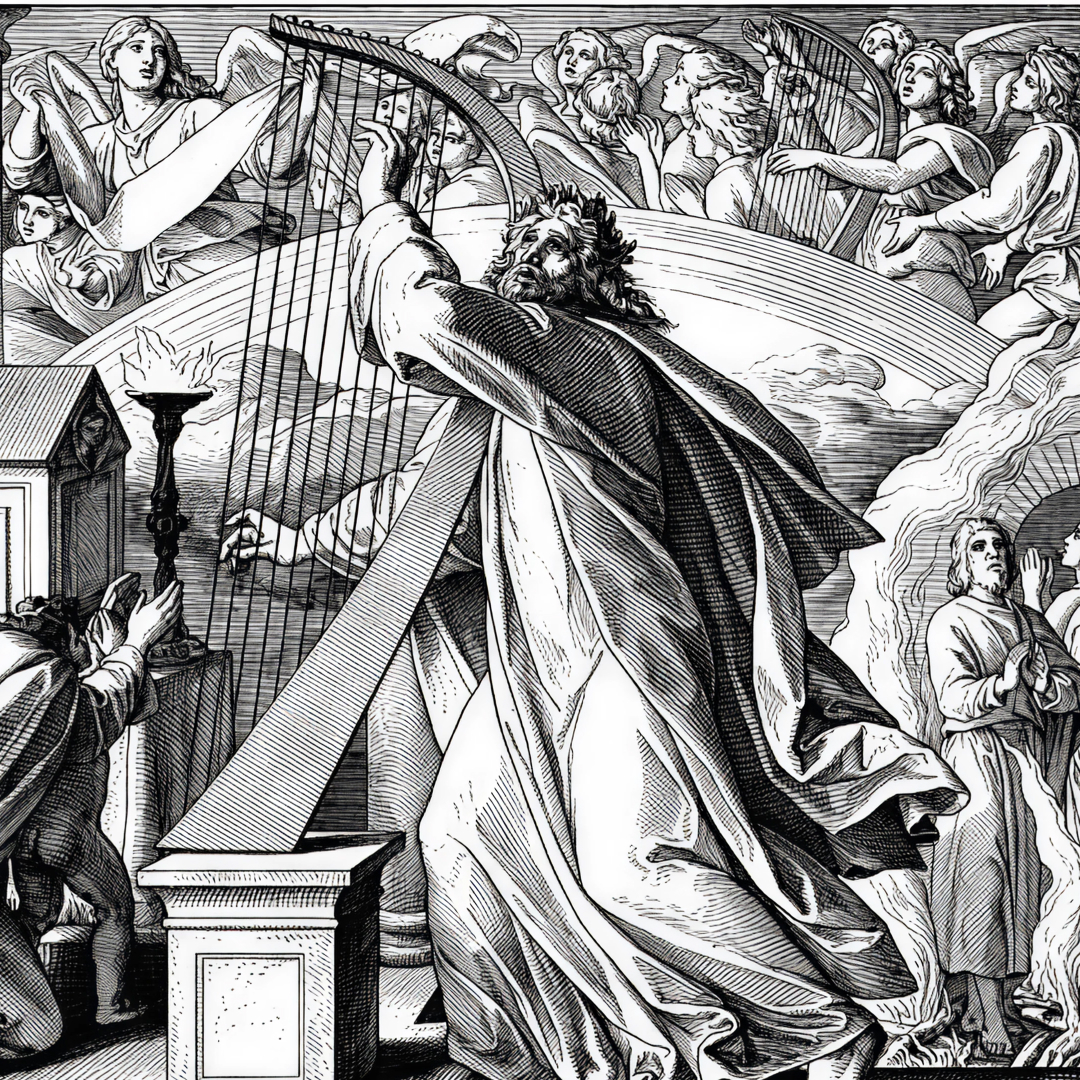Holy Highlights
Archives
10 Things You Should Know About the Psalms – Timeless Wisdom
SIGN UP FOR OUR NEWSLETTER
10 Things You Should Know About the Psalms: Insights for Today |
Exploring the enduring power of the Psalms and their role in spiritual life across communities |
The word Psalms carries layers of rich meaning, tracing its roots back to the Greek word for "song," and it stands as a timeless title for this remarkable collection of sacred writings.
Within Jewish tradition, these are known simply as the "Praises," reflecting their core message: turning hearts toward God in music and meditation.
As we reflect on ten essential aspects of the Psalms, we find depth, diversity, and surprising relevance for spiritual seekers today.
1. The Psalms are organized into five distinct sections, much like the Torah, echoing the journey of faith with phases of lament, hope, exile, and restoration.
Local study groups—even here in the heart of our own city—are rediscovering these divisions as a framework for spiritual discussion and healing in today's unpredictable world.
2. There are many voices behind the Psalms. King David's leadership looms large, but he is joined by poets such as Solomon, Asaph, the Sons of Korah, and even Moses—whose Psalm 90 is a treasure for generations.
3. The Psalms showcase Hebrew poetry's genius. Rather than rhyme, these ancient texts use parallelism, a rhythm of repetition and contrast that still resonates, especially in vibrant local faith communities where services often incorporate these echoing verses.
4. Within the Psalms, a variety of genres appear: From songs of lament to joyful thanksgiving, royal proclamations, and prophecies, every human emotion is covered.
Recent interfaith gatherings downtown have showcased how these categories can unite people of diverse backgrounds, fostering empathy and connection.
5. The Psalms are foundational for both the Old and New Testaments.
They are quoted in the New Testament more than any other Old Testament book, and local clergy often list them as essential reading for faith formation and personal growth.
6. These are the prayerbook of both Judaism and Christianity. The Psalms are recited daily in synagogues, churches, and homes throughout our neighborhoods, ensuring that ancient words shape modern spirituality across generations.
Catholic parishes and ecumenical Christian communities in town continue the age-old practice of integrating the Psalms into daily liturgies, connecting the voices of today to the prayers of millennia past.
7. The Psalms are prophetic in nature. Many passages are recognized as foreshadowing the Messiah, including the piercing imagery of Psalm 22 which continues to serve as a source of reflection during Holy Week celebrations in local churches.
8. The Psalms never lose their relevance. Centuries may pass, but the themes of despair, joy, hope, and gratitude remain as honest and relatable as ever.
St. Athanasius once described the Psalms as a mirror for the soul, and modern readers—here in our own neighborhoods—continue to find their personal stories reflected in these ancient lines.
9. The Psalms unite all who pray them. When people gather—whether at large cathedrals or in small city apartments—to recite these prayers, they join a chorus spanning continents and centuries.
This communal aspect is on display right now, as cities across the region launch interdenominational prayer walks using the Psalms as their script, fostering unity, compassion, and community healing.
10. Christ Himself prayed the Psalms. For Christians, these are the words spoken by Jesus and now offered in solidarity with Him, making the Psalms uniquely powerful as both personal and collective prayer.
That tradition lives on—recent youth retreats and spiritual renewal events in the area draw on the Psalms' language to help attendees express everything from sorrow to celebration, anchoring faith in something profoundly ancient yet bracingly fresh.
The Psalms remain a gathering place for believers, guiding us through shadows and sunlight alike, always promising that our joys and struggles are known—and shared—across faith and time.
FAQ
Q: Why are the Psalms split into five books? A: This five-fold division mirrors the Torah and marks key moments in spiritual history, helping worshippers move from lament to praise and restoration.
Q: How can the Psalms speak to people living in modern cities? A: The Psalms address universal human experiences—grief, hope, celebration—making them an enduring resource for anyone seeking peace or connection, especially amid the chaos of contemporary life.
Q: Are there local groups or events focused on the Psalms? A: Yes, several local congregations, interfaith coalitions, and prayer communities regularly host events centered on learning, singing, and meditating with the Psalms, creating opportunities for shared reflection and support. |

